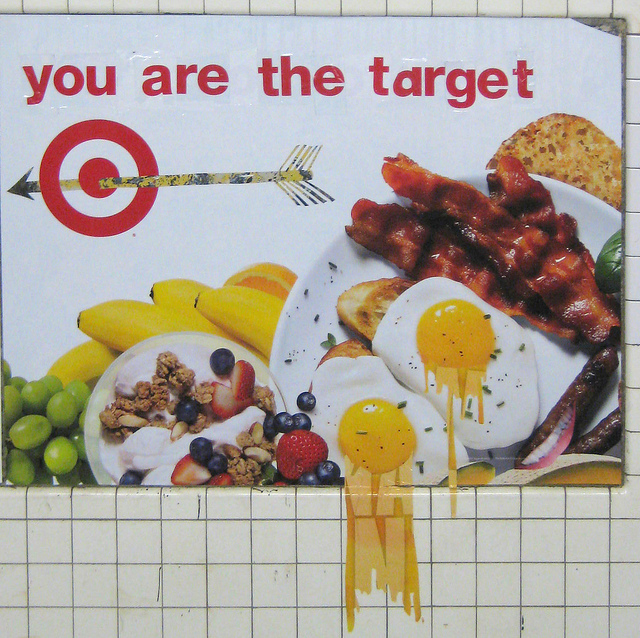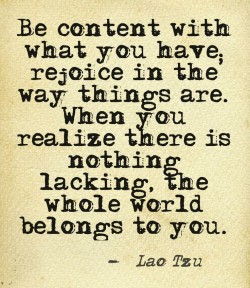This week I had to choose between my life and my livelihood.
I’ll spare you the details, but in the end I had to choose between keeping a job that would require me to work 50 to 60 hours a week or losing that job.
I chose my life over my livelihood because if I fast-forward 40 years and ask my 80-year-old self which choice I should have made, I know the 80-year-old me will put more value on the hours I spent with my loved ones than the hours I spent making money.
The hard part wasn’t making my decision.
The hard part was standing up and saying no to a society that routinely asks us to choose making a living over living our life; that gives greater weight to money and things than it does our health, our families, and our well-being; that values how we look over how we are, how we function over how we feel, and insinuates that those should be our values as well by praising us when we spend more, buy more, do more, achieve more and subscribe to The Story of More. We’re told this story our whole lives and often don’t realize we are fully capable of writing our own story and our own happy ending.
The Story of More undercuts our inherent enoughness. It tells us we are empty without more. More things, more activities, more money. It’s not enough to have enough. We must have more than enough. When we buy into The Story of More we slowly lose touch with our true needs because we are up to our heads in our wants.
I ask myself and I ask you, how much is enough? If commercials, magazines, and friends didn’t tell us we needed that bigger house, that new car, that better job, would we think we were lacking anything?
After getting to know indigenous people in sync with their habitat, photographer Cristina Mlttermeier distills it down to this: “If you have clean water, a net full of fish, and a warm fire, that’s basically all people need to be quite content.”
Ours is a privileged generation. Most of us aren’t working to put food on the table. We’re working to put our kids through better colleges than we went to, to pay off our mortgages so we feel like we own something and to keep up with the latest gadgets.
What we call progress is what doctors call cancer. A normal cell divides to allow a person to grow. Cancer cells grow out of control and invade other tissues, often not stopping until the person is dead.
We make a mistake thinking we have a lifetime when the reality is we only have this moment. We only have Now. Hopefully we’ll have 80 years of Now if we’re lucky, but it often happens that we only have 20 years of Now or 40 years of Now or even less.
The Story of More keeps gaining momentum and it’s hard not to get swept along with it. I experienced how difficult it is to swim against the stream in my work situation, but how can I teach my son to stand up for what he believes in if I don’t stand up for what I believe in? How can I ask him to walk his talk if I don’t walk my talk? How can I expect him to follow an example I don’t set? If I only stand on principle when it’s convenient how can I say I stand for anything at all?
At some point in our lifetime we will all be asked if we’re ready to walk our talk. The question might come from an employer as mine did or it might come through an illness or loss or some other radical life circumstance that sobers us up to the brevity and fragility of our lives.
I believe if we’re asked the question it’s because we’re ready to answer yes. If I’m lucky, in 40 years when I look in the mirror at my 80-year-old self we will smile at each other knowing we wrote our own life story one precious moment at a time.
Love elephant and want to go steady?
Sign up for our (curated) daily and weekly newsletters!
Author: Monique Minahan
Editor: Catherine Monkman
Photo: Poster Boy/Flickr








Read 0 comments and reply